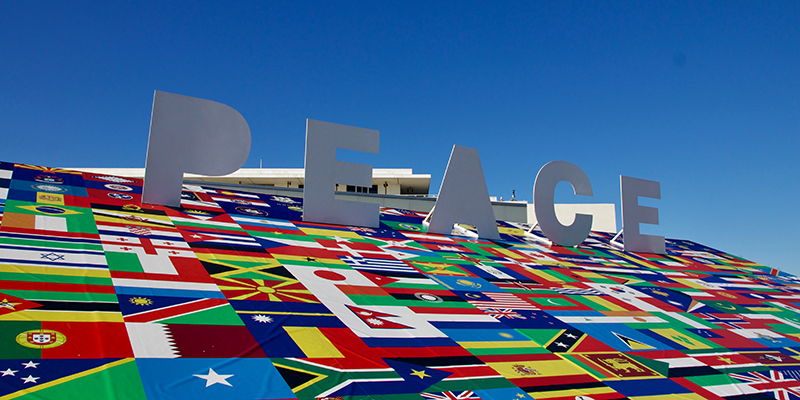The Future of Multilateralism

The Future of Multilateralism
There will be extensive, and potentially divisive, debates about the need to reform the multilateral system over the next eighteen months. United Nations Secretary-General António Guterres plans to convene world leaders for a “Summit of the Future”, set for 22-23 September 2024, to talk about how to reconstruct international institutions to face current and future challenges. The range of possible reforms on the table is daunting. For many representatives from the “Global South”, the top priorities must be boosting international investment in achieving the Sustainable Development Goals, coupled with alterations to the International Financial Institutions (IFIs) to make them more responsive to the needs of poor and middle-income countries. The Secretary-General has urged member states to take a far-sighted view, and set up mechanisms to protect the interests of future (as yet unborn) generations in economic and environmental policy-making.
Following Russia’s all-out invasion of Ukraine, many members of the UN also feel that it is essential to address flaws in the current multilateral peace and security architecture. As part of the preparations for the Summit of the Future, a High-Level Advisory Board on Effective Multilateralism appointed by Guterres released a report on 18 April 2023. This included proposals for both overhauling existing multilateral security institutions and developing new arrangements to deal with looming issues such as the rise of new weapons technologies. UN officials are also currently working on a New Agenda for Peace collating further ideas in this area. The Secretary-General will release their findings in June 2023. But there are significant procedural and political obstacles to making fundamental changes to multilateral mechanisms – most obviously the UN Security Council – especially in a period of intense major power tensions. The Secretary-General and member states may need to settle upon a more limited package of reforms to respond to threats to international to peace and security. Diplomats talking about UN reform like to declare that “it is no time for half-measures”, but at times aiming for half-measures is smart diplomacy.
Mr Richard Gowan is currently UN director at the International Crisis Group where he oversees advocacy work at the United Nations, liaising with diplomats and UN officials in New York. He has worked with the European Council on Foreign Relations, and previously was research director at New York University’s Center on International Cooperation. He has taught at Columbia University’s School of International and Public Affairs and Stanford in New York. From 2013 to 2019, he wrote a weekly column on multilateralism, “Diplomatic Fallout”, for World Politics Review.
Disclaimer: The views, information and opinions expressed in this publication are the author’s/authors’ own and do not necessarily reflect those of the GCSP or the members of its Foundation Council. The GCSP is not responsible for the accuracy of the information.


